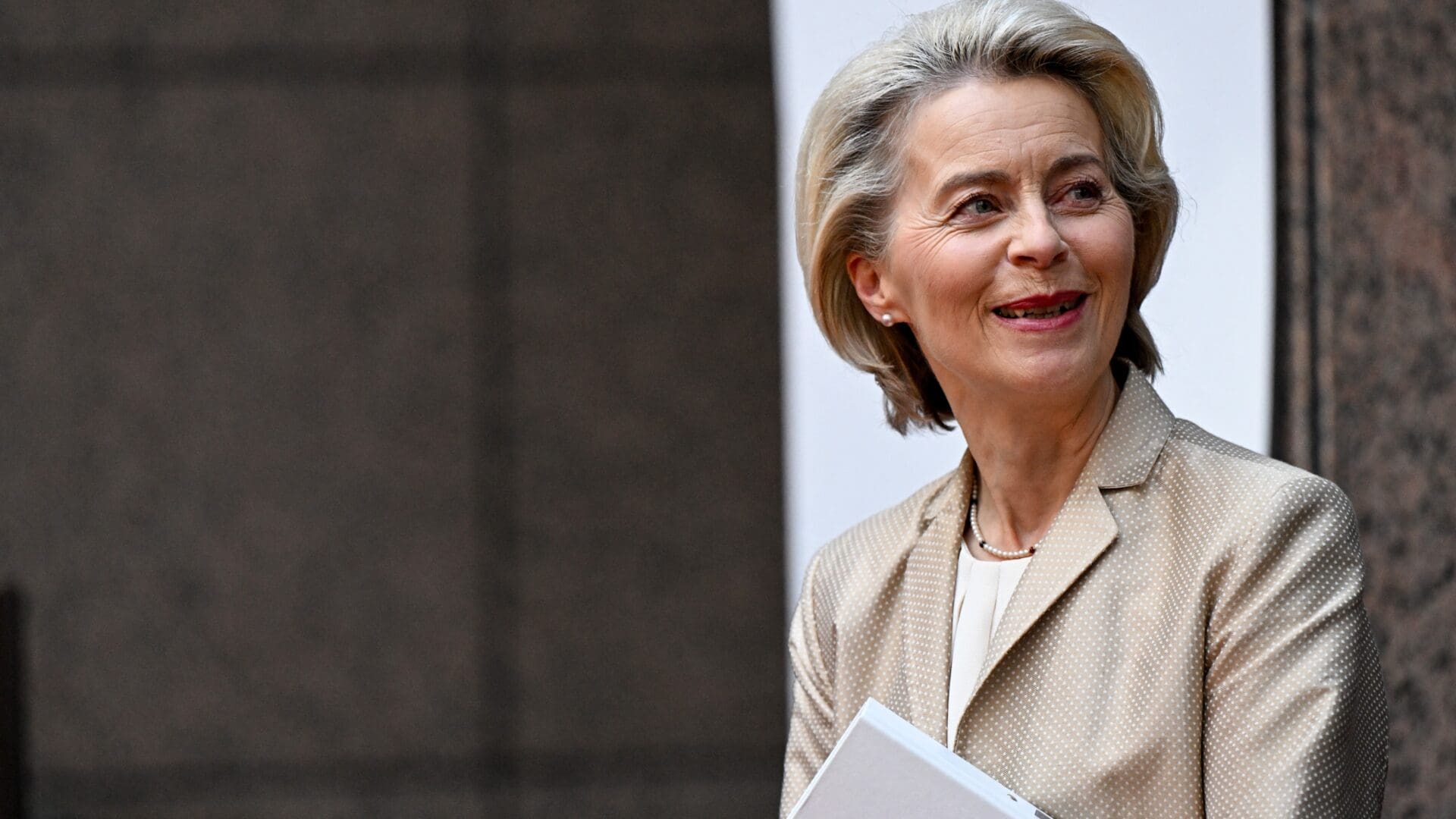Towards the end of the year, people’s spending tends to increase. The heating season starts and gifts are needed under the Christmas tree, so many people dig deeper into their wallets. And so it is with European countries, or so the European Commission would like it to be: the Brussels-based body is once again asking EU member states to send in a ‘little’ extra money to supplement the EU budget. But not everyone is happy about this—including Hungary.
At last week’s summit of EU leaders, it became clear that a significant number of member states do not want to comply with the European Commission’s request for a further increase of around €100 billion to the EU budget, which the body wants to see completed before the end of this year.
And it is not just the ‘Frugal Four’ who are opposed to further spending. The ‘Frugal Four’ countries—Austria, Denmark, the Netherlands, and Sweden—are known for their fiscal conservatism on EU issues. Alongside Germany, the UK was previously supportive of this group, too, having traditionally opposed any over-expansion of the EU budget until it left the bloc. The ‘Frugal Four’ most recently received a lot of media attention during the debate on the current EU budget—known in Brussels bureaucratic terms as the Multiannual Financial Framework—as they opposed member states borrowing together, but were ultimately defeated.
But what is Ursula von der Leyen asking Member States’ money for?
Well, the obvious elephant in the room is Ukraine: the European Commission wants to support Kyiv’s war effort with an additional €50 billion.
The idea enjoys the support of the majority of member states, but there are opponents.
It is hardly a coincidence that Viktor Orbán—in a rather unusual and strange move for a Hungarian politician—greeted Robert Fico in Slovak in a Facebook post last Thursday after the two had met in Brussels, when the latter probably had not even had time to get used to his new office in Bratislava. In the run-up to the recent parliamentary elections, Fico promised to cut off aid to Ukraine, so Orbán has good reason to hope that he can find an ally on this important issue in the experienced Slovakian politician. Whether Fico will prove to be a reliable friend, remains to be seen.
The Hungarian and Slovak governments argue that in the midst of the nation’s wartime apotheosis, many people forget that Ukraine is still a terribly corrupt country, and that EU money would have better places to go than the Kyiv treasury. Loud supporters of Ukraine, such as one of the Hungarian government’s great European nemeses, Guy Verhofstadt, have reacted with the usual ‘Putin-shaming’.
Guy Verhofstadt on Twitter: “Populists may lie about their corruption and supposed conservative values… but they live up to their word on supporting Putin.We need to limit their influence in Brussels: drop veto rights and stop giving outright authoritarians like Orbán a seat at the #EUCO table !#Art7 pic.twitter.com/ZJjY6XHCWD / Twitter”
Populists may lie about their corruption and supposed conservative values… but they live up to their word on supporting Putin.We need to limit their influence in Brussels: drop veto rights and stop giving outright authoritarians like Orbán a seat at the #EUCO table !#Art7 pic.twitter.com/ZJjY6XHCWD
However, the additional €15 billion that the European Commission is asking Member States to provide to deal with the renewed increase in migration pressure should be much more to the liking of the Hungarian government. Ursula von der Leyen said on Friday that member states have made significant progress in the necessary legislation, but more is needed.
‘We will focus on preventing irregular departures. For this, we have to increase the capacity of the neighbouring countries for border surveillance and search and rescue’,
she argued.
Von der Leyen cited the negotiations with Egypt as a positive example, which she said could lead to a mutually beneficial migration agreement between the EU and the North African country. This may also cause some consternation in Hungarian government circles, as Budapest has been calling for the causes of illegal immigration to Europe to be addressed in the countries of origin for years now. The extra money would also be very welcome from the governments of Italy and Greece, as migrants arriving via the Mediterranean are putting a huge strain on the infrastructure of these countries.
The fact is, however, that the continent’s current economic situation finds only a relatively small number of EU countries in a giving mood. French President Emmanuel Macron said on Friday that the European Commission’s current proposal was not ‘realistic’ and that the Brussels-based body was asking too much. Similar comments have come from Berlin.
The ‘Frugals’ have a similar view. Mark Rutte, Prime Minister of the Netherlands, has said that the Commission should instead look into the budget already agreed and initiate cuts if necessary, even if this means painfully cutting the costs of existing programmes and policies—and the pay rises of Brussels officials, which Von der Leyen would really like to see happening.
With some irony, it could be argued that, if nothing else, stopping the EU budget from over-expanding could still bring European governments together. But time is running out. If the EU insists on funding Ukraine—and there is every chance that it will—then national leaders will have to reach some sort of deal this year as the warring country’s coffers are empty.
This also means tough negotiations for the Hungarian government. All national leaders will have to agree to supplement the budget, so Budapest will again be under pressure to give in to further financial support for the Ukrainians. This will put Viktor Orbán in a special bargaining position, but he will still need to manoeuvre very carefully, given the cool relations between the Hungarian government and the EU and Hungary’s not exactly rosy economic situation.








